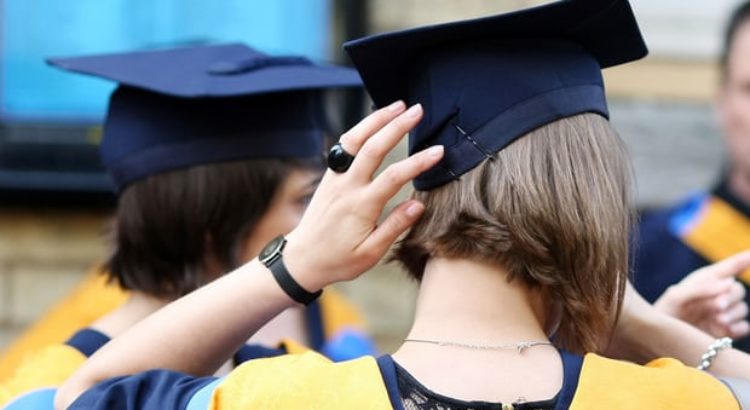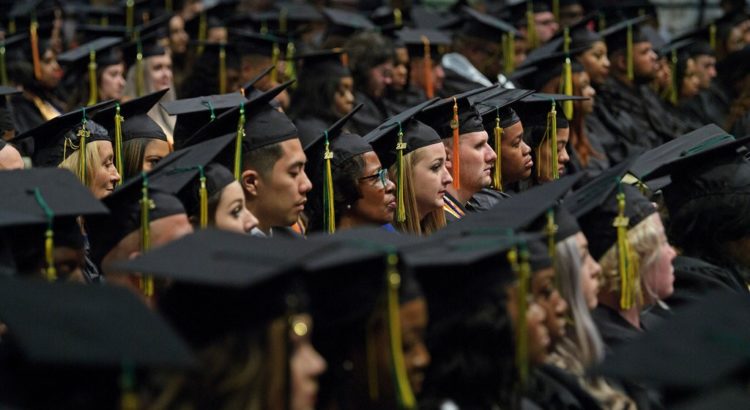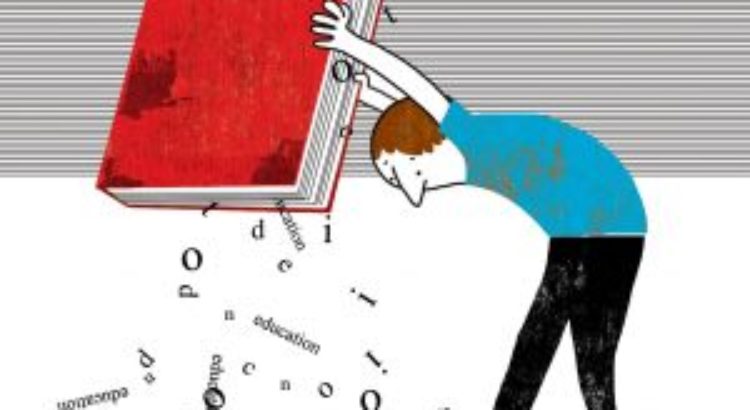Oceania/Autrialia/02.07.18/Source: www.theguardian.com.
On 1 July the threshold falls by more than $10,000, so if you earn at least $45,000 you’ll start repaying your loan
From Sunday, thousands of students and graduates across the country will have to start paying off their debts earlier than expected.
In the coming financial year, which starts on 1 July, anybody earning $52,000 or more a year will have to start paying off their student debts, which for most domestic and undergraduate students is known as the Higher Education Contribution Scheme (Hecs).
And that’s just the first stage of changes because the government announced plans to lower the repayment threshold further to $44,999 in the budget. The bill locking in that change was expected to pass the Senate this week but has now been delayed until parliament resumes in August.
Given the bill has not passed before the start of the 2018-19 financial year, the full reduction in the threshold will likely not apply until 1 July 2019.
When do I have to pay it back?
Under changes made in 2016, from 1 July 2018 people earning more than $51,956 will have to start paying back student debts.
If and when the Coalition bill passes, you will have to start paying your debt once you earn $45,000 or more a year, with a likely start date of 1 July 2019.
For the 2017-18 tax return, you will only pay your debt if you have a taxable income of more than $55,874.
Importantly, it’s not just graduates who are affected – you have to start paying your student debt as soon as you hit the income threshold, even if you are still studying.
You also still have to pay your debt if you’ve moved overseas. This used to be a loophole – worth $20m-$30m a year in lost revenue – but it was closed in 2016.
How much do I have to pay?
The amount you pay rises as you make more money.
Under the new rules, those on the lowest bracket (more than $44,999 but less than $51,957) will have to pay 1% of their total income. For someone earning $45,000 before tax – or $865 a week – it would be $8.60 a week.
Those earning between $51,957 and $58,379 will have to pay 2%, and so on, rising to a maximum of 10% for those over $131,989.
It’s important to note that you pay a percentage of your total income – not a percentage of your debt.
The move will generate $345.7m in savings until 2020-21. Previously, any extra contributions you made offered you an extra discount on your debt, but this policy has been repealed.
Your total debt should be included on your tax return, and can be viewed on the MyGov website. You can also contact the ATO to ask for updates.
As well as Hecs, it includes other related debts like Fee-Help (for full-fee paying students), Vet Fee-Help (for vocational colleges), OS-Help (for when you study overseas or are on exchange) and SA-Help (when you take a loan to pay your $149 student services amenity fee).
How long do I have?
A Hecs debt is effectively an interest-free loan. Rather than charging you money, the government indexes your debt to the consumer price index – the amount goes up every financial year, but by not more than the rate of inflation, so the effective change is zero.
This means it shouldn’t cost you more to pay off your Hecs over a long time, and there is no time limit to pay it off.
The yearly indexation only applies to debts older than 11 months, and it happens every 1 June.
However, the government’s changes have also created a new a lifetime cap on all Hecs loans of $104,440 – starting on 1 January 2019. Previously there was only a cap on postgraduate, full-fee and vocational loans. The cap is higher for those studying medicine, dentistry or veterinary science ($150,000)
Only loans taken out after 1 January 2019 will count towards the cap – so existing debts do not.
Can I reduce or cancel my debt?
If you are a nurse, midwife or teacher, or a maths, statistics or science graduate, you may be eligible for the Hecs-Help benefit, which will reduce your Hecs debt.
The scheme was cancelled by the government on 1 July 2017. However, because you have two years to lodge a tax return, if you were eligible in the 2016-17 financial year, you can still claim it until 30 June 2019.
If you were eligible in the 2015-16 financial year, you have until Sunday to claim it.
Eligibility criteria are quite complex, so check with the Study Assist websiteand the Australian Taxation Office.
In special circumstances, you can also have some of your Hecs debt cancelled.
If you failed a subject, or had to withdraw from a subject due to illness or other circumstances, you can apply to your university or education provider to have the debt for that subject cancelled.
If you withdrew after the census date without a special circumstance, you still have to pay the Hecs debt for that subject. You also can’t cancel the debt for a subject if you successfully completed it.
After revelations that many private colleges were exploiting the Vet-Fee loan system, the government also introduced debt cancellations if your vocational provider committed “unacceptable conduct” – for example, if you were pressured into signing up for a course, were offered money or goods to sign up, or were lied to about how much the course cost.
Source of the notice: https://www.theguardian.com/australia-news/2018/jun/28/student-debt-how-the-governments-hecs-changes-will-affect-you












 Users Today : 62
Users Today : 62 Total Users : 35460445
Total Users : 35460445 Views Today : 107
Views Today : 107 Total views : 3419270
Total views : 3419270